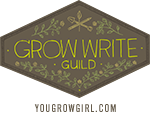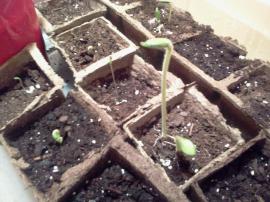I keep seeing this article from The Mighty about “high-functioning anxiety.” I dislike the term “high-functioning” in general; I think it’s pretty loaded (especially in my line of work). There’s also something that rubs me the wrong way about the way it was written. Nonetheless, I found it pretty resonant.
I am a ball of nerves right now. My anxiety is largely focused on work (and work is legitimately very stressful right now), but in the background, I’m having dreams about having to bury my dad and mom at the same time, or I’m feeling physically panicked about political information on my newsfeed. A few weeks ago I had pretty intense GI symptoms (reflux and what may have been an ulcer or gastritis), which could be related to stress or just unfortunate timing, I don’t know. I have been struggling with sleep for years, but there are definitely peak insomnia times, and June was one of those.
I have a clinical social work license, and I think that I understand my anxiety and depression pretty well. I know what it feels like in my body (stomach distress, trouble sleeping, elevated heart rate, moments of trouble breathing, general physical hypervigilance). I know–whether I can prevent it or not–how it impacts my behavior (anxious, impulsive communication; feverish overwork; not sitting still). I even know a little about from whence it comes (various traumas; being treated as the only responsible, sober person in my family when I was too young to assume that role). And I even know what helps (unplugging from Facebook and work email, reaching out, distracting myself, bullet journaling, taking medication that will help me sleep, eating regularly, physical activity, positive self talk, the usual). But it’s hard to be rational and disciplined when you are experiencing irrational desperation.
Fortunately, I do have a life with some built-in routines that help. I feel some responsibility to get home from work at a normal time of day so that I can attend to my family. We walk the dogs and talk about our days. We make dinner and watch television. We usually try to get to bed at a reasonable hour. Being a part of a family is a good thing for me. And having a partner who can hear and acknowledge the moment I’m in is also helpful. I’m thankful that I can say “I’m feeling really anxious right now” and know that he will validate and love me through it. It is a strange feeling to be the one who struggles; I have so often moved out of the way to make room for other people to struggle. Sometimes this is anxiety-provoking in and of itself, but it is nice to trust that we will be okay if I fall apart a little.
So, anyway: I’m working on figuring this out. Coming soon: my thoughts on Being Mortal by Atul Gawande, and reflections on family vacation.



